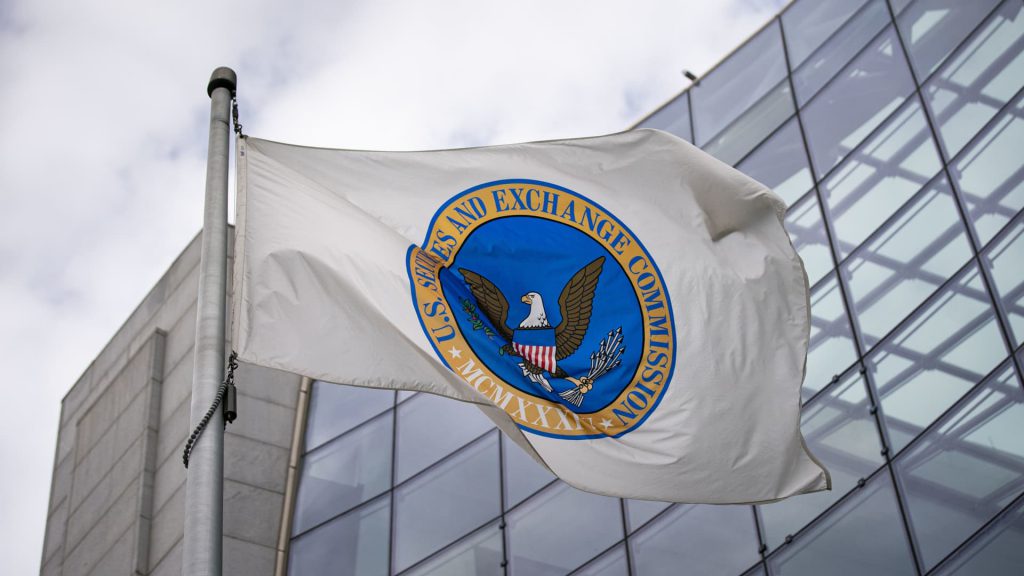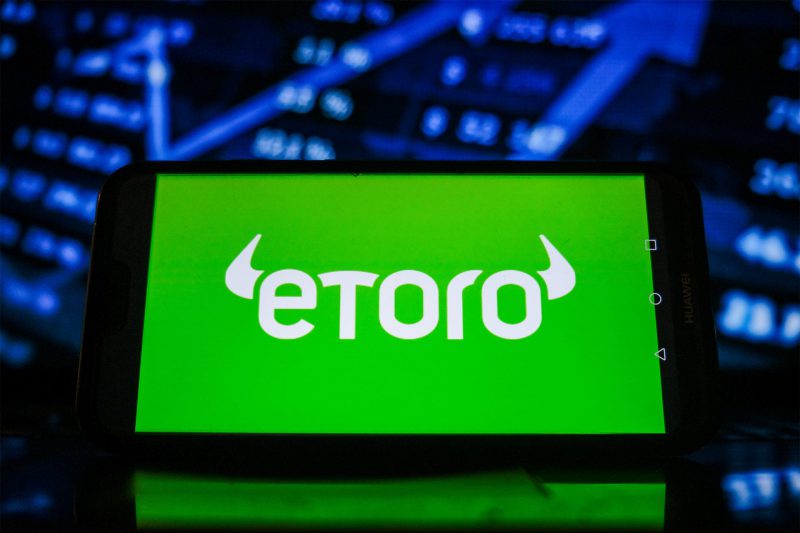Prominent trading platform eToro has settled its ongoing lawsuit with the US Securities and Exchange Commission (SEC). The platform has agreed to pay $1.5 million in the settlement. Moreover, they have agreed to limit its cryptocurrency trading in the United States.
In a statement issued Thursday from the SEC, the agency claimed that the platform had operated as an unregistered broker, an unregistered clearing agency, while trading certain cryptos as securities. Moreover, they announced the settlement, noting the platform will “cease trading activity in nearly all crypto assets.”
Also Read: eToro Faces Lawsuit in Australia for ‘High-risk’ Trading Activity
SEC and eToro Settle as Platform Gets $1.5 Million Fine
For the last several years, the SEC has continued its enforcement action against the crypto industry. With few clear regulatory standards, the agency has sought litigation as its clearest path. That has resulted in a string of high-profile lawsuits and financial penalties from platforms operating in the space.
The agency has issued its latest today. Indeed, trading platform eToro has settled its lawsuit with the SEC, agreeing to pay $1.5 million to do so. Moreover, the settlement will see the platform shift how it operates. Specifically, in the kinds of cryptocurrencies that it makes available.


Also Read: SEC To Require Monthly Portfolio Reports From ETF Holdings
“The settlement notes that the platform “eToro has agreed to cease and desist from violating the applicable federal securities laws and will make only a limited set of crypto assets available for trading,” the agency said in a statement. The firm will only be permitted to offer Bitcoin, Ethereum, and Bitcoin cash trading options to its users.
The SEC says the platform has allowed US customers to trade cryptocurrencies being sold as securities since 2020. Moreover, they note the company, “did not comply with the registration provisions of the federal securities laws.”





